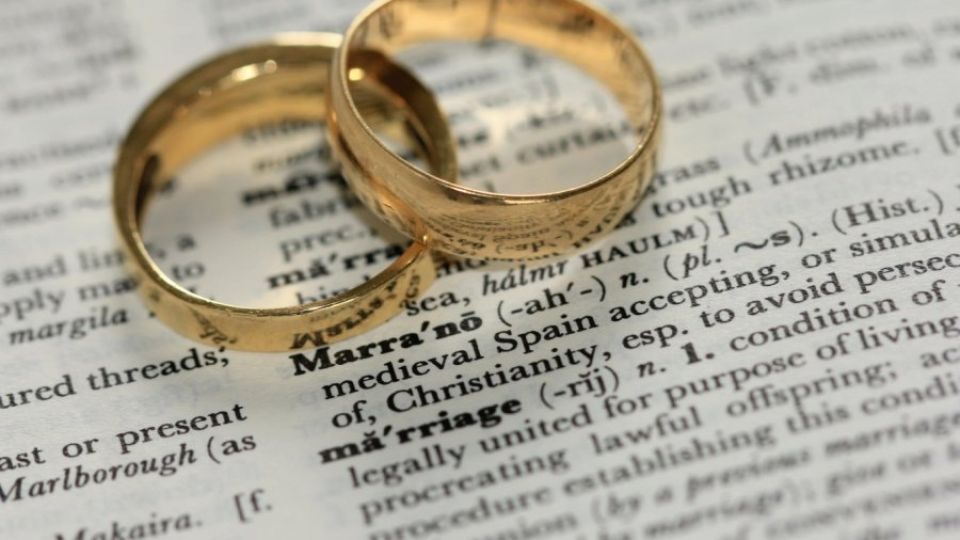February 2, 2023
JAKARTA – The Constitutional Court on Tuesday upheld ambiguous provisions in the Marriage Law that often hinder interfaith marriages and make it hard for couples of different religions to formalize their union.
The court rejected a petition filed by a private citizen that requested it to review the law toward annulling three provisions, which regulate that a marriage is legitimate only if it is conducted in accordance with an individual’s religion.
The law neither admits nor prohibits marriage between people of different religions, but the three provisions noted in the petition often foster resistance to interfaith marriage. This is because religious institutions often do not allow their adherents to marry a partner of a different belief, which has hindered many interfaith couples from registering their marriages.
At the same time, the law regulates that a marriage between two people of different faiths is prohibited if their religions forbade them such a union.
In the court’s ruling issued on Tuesday, the bench argued that the law authorized religious institutions to declare the legality of a marriage, and that the state only dealt with registering marriages that had been deemed legitimate by religious institutions in order to guarantee marital rights.
The justices thus concluded that the provisions named in the petition did not intend to harm religious freedom or the right to marry and found a family.
The provisions in question “do not contradict the principles that guarantee the right of worship and belief, equality before law and government, the right to live and be free from discriminatory treatment, as well as the right to form a family and procreate”, Constitutional Court justice Wahiduddin Adams read out the ruling.
The petitioner in the case is Ramos Patege, a Catholic man from Papua who had to cancel his plan to wed his Muslim partner of three years because of their different faiths.
Ramos had sought to secure greater legal certainty for interfaith marriages, saying in his petition that lack of clarity in the three provisions violated the right to marry and found a family.
He argued that the Marriage Law had encouraged people to marry only partners who shared their religion and that this violated the Constitution, which guaranteed the right of every citizen to choose their faith and practice it.
His petition also stated that marriage registrars, as representatives of the state, should not refuse to register a couple’s marriage on the grounds that the husband and wife were of different faiths.
In their arguments presented at the court, representatives for the legislature and the government rejected the petitioner’s views. The government’s legal representative said the law was not intended to hinder people from marrying their partners or to discriminate against any individual, while the legislature’s representative said marriage was not merely an administrative affair but also a sacred religious and social event.
The Indonesian Ulema Council (MUI), the Family Love Alliance (AILA) and the Indonesian Council of Islamic Propagation (DDII) previously filed a third-party intervention to demand that the court reject the petition.
In its ruling, the court also said it “did not find any urgency” to alter its stance from the two previous rulings it issued in 2012 and 2015, which had also rejected two similar petitions challenging the Marriage Law.
Several law students and graduates petitioned for a judicial review of the law in 2014, arguing that the provision forced people to choose a specific religion as the basis of who they married. The court rejected the petition the following year, effectively allowing interfaith marriage to remain taboo in the country.
The law’s lack of clarity has led to yearslong debate as well as insistence from some groups that interfaith marriage should not be allowed.


